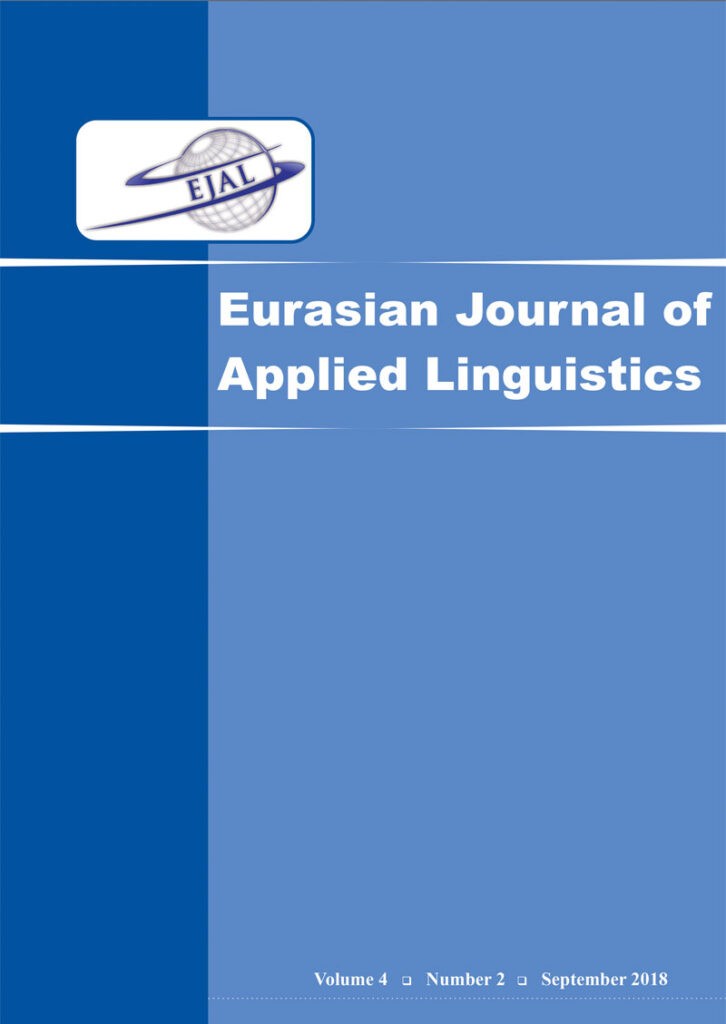Keywords: Multilinguals, English, Turkish, motivation, anxiety, motivational strength
Abstract
The current study examined the relationships among motivational factors (i.e., motivation types and motivational strength, and language anxiety) in the simultaneous learning process of additional languages. A mixed-methods design was conducted with 86 multilingual learners learning both English and Turkish. The data were collected using a survey and follow-up open-ended questions about the motivational factors. There were three major findings of the study. First, the motivational factors in one language were positively correlated with the same factors in another. Second, although the learners’ motivation (i.e., intrinsic, extrinsic and integrative) and motivational strength to continue their education showed no differences in both languages, their L2 anxiety towards learning additional languages was statistically different, in that learners were less anxious when learning English language than learning Turkish language. Third, multilingual learners’ interest in learning other languages and willingness to integrate in the target language culture, the status quo of the target language in the global world and the level of unfamiliarity of the target language seem to play a role in the learners’ beliefs of motivation, feeling in learning additional languages and intention to study languages. Overall, the study highlighted the role of multilingualism in learning English and Turkish. It also shed light on understanding L2 affective factors learning distinct L2s.

